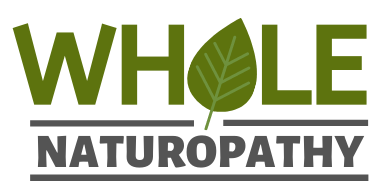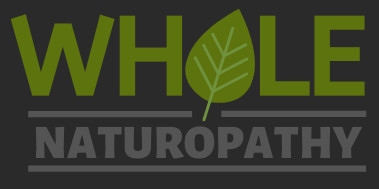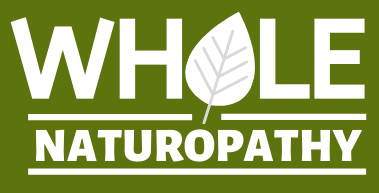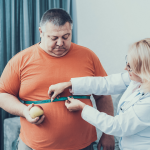
What is Fatty Liver Disease?
Historically, Fatty Liver Disease (FLD) was associated with excessive alcohol consumption, but now has evolved into two distinct categories: Alcoholic Fatty Liver Disease (AFLD) and Non-Alcoholic Fatty Liver Disease (NAFLD). Next month, I’ll delve into NAFLD, but for now, here’s the breakdown of ALFD.
Alcoholic Fatty Liver Disease (AFLD)
AFLD was first seen in prolonged alcohol abuse, where the liver struggles to metabolise the excessive intake of alcohol. This led to the accumulation of fat, impairing liver function and paving the way for inflammation. This is diagnosed with a blood test, but usually if you have FLD, you will find that you don’t metabolise alcohol well and will take a longer time to recover after drinking than your friends, or than you used to. You may also have other problems such as worse sleep after drinking.
Metabolically, alcohol is a sugar
Alcohol, intriguingly, shares a metabolic pathway with sugar in our bodies. When we consume alcohol, it undergoes a process in the liver akin to the metabolism of sugars by liver enzymes. This similarity helps explain why excessive alcohol consumption can contribute to the accumulation of fat in the liver. In both cases, whether from alcohol or sugar, the liver faces an influx of substances that can overwhelm its processing capacity, leading to fat storage and eventually conditions like AFLD.
But regardless of the state of your liver, there are dietary and lifestyle changes that can turn your liver around.
Address the stress
It’s likely that stress, anxiety or depression have led to the high intake of alcohol. But rather than just using will power to move through this (as it’s doomed to fail once again), identify your stressors and find one or two that you can remove from your life. Find other ways to reduce your stress so that alcohol is not your only way to relax. Here is a link to a previous blog post for some ways to reduce your stress.
Reduce alcohol consumption
Now that you have reduced your stressors, start to reduce your alcohol consumption. Find something to do such as a new hobby with others to replace the time that you used to spend drinking.
Dietary changes
No dietary issue is in isolation, and it is highly likely that diet, along with alcohol has contributed to this disease. Below are some suggestions to get started, but we’ll dive into that in more detail next month.
- Prioritise Whole Foods: integrate an array of nutrient-rich fruits and vegetables into your diet, providing essential vitamins and antioxidants. These elements reduce inflammation and aid in liver repair.
- Proteins for Repair: include protein sources such as beef, lamb, kangaroo, poultry, fish, tofu, and legumes. These proteins play a crucial role in liver cell repair, bolstering its structural integrity.
- Mindful Fat Consumption: opt for healthy fats like those found in avocados, nuts, and olive oil, steering clear of trans fats and deep fried foods. This ensures a balanced lipid profile, preventing the accumulation of unhealthy fats within the liver.
Further support
Whilst food is a powerful medicine, sometimes we need a bit more than that to help us along. Whether it’s dietary advice or natural medicines you need, Whole Naturopathy is here to help. Natural medicines, particularly herbs, have an amazing effect on your liver as well as on your mental health, which may be what got you into trouble in the first place. I would love to help your journey to optimal health, and help you live a long life with the health and energy to do well.
For more details see my YouTube video




